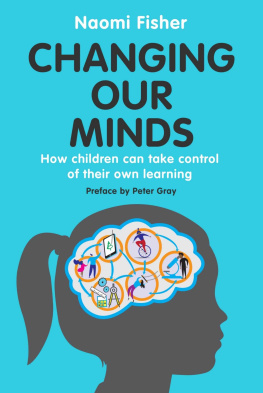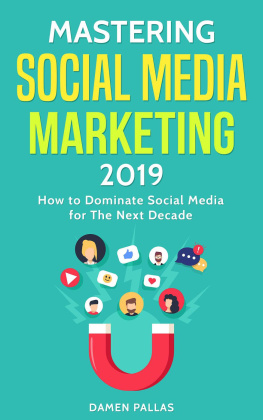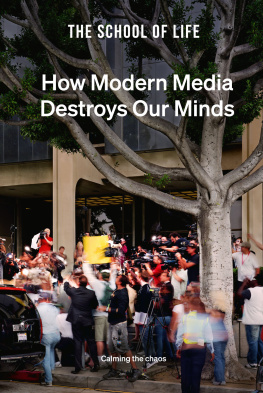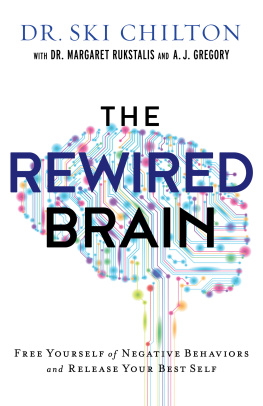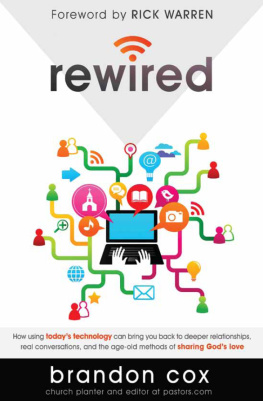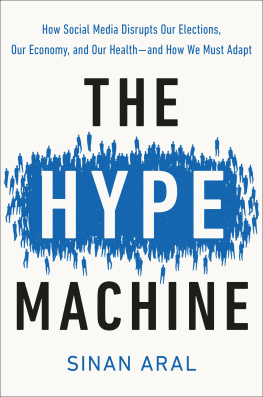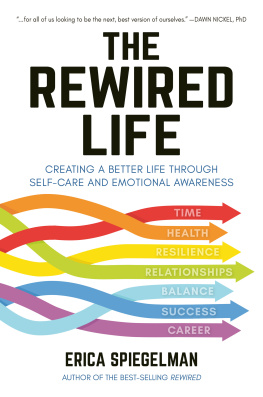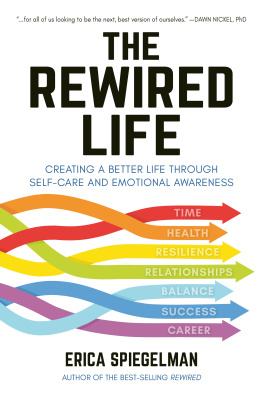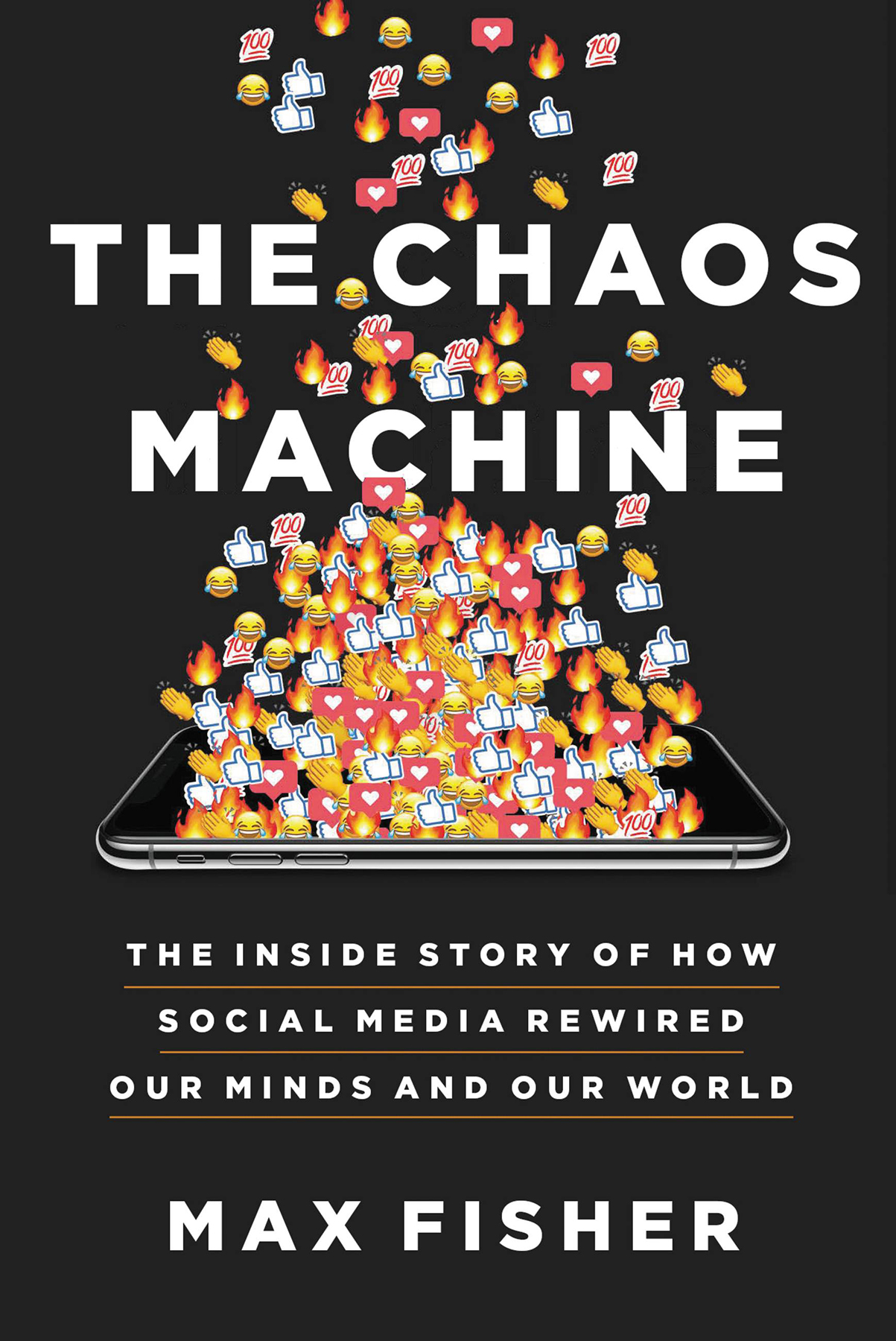Copyright 2022 by Max Fisher
Hachette Book Group supports the right to free expression and the value of copyright. The purpose of copyright is to encourage writers and artists to produce the creative works that enrich our culture.
The scanning, uploading, and distribution of this book without permission is a theft of the authors intellectual property. If you would like permission to use material from the book (other than for review purposes), please contact permissions@hbgusa.com. Thank you for your support of the authors rights.
Little, Brown and Company
Hachette Book Group
1290 Avenue of the Americas, New York, NY 10104
littlebrown.com
twitter.com/littlebrown
facebook.com/littlebrownandcompany
First ebook edition: September 2022
Little, Brown and Company is a division of Hachette Book Group, Inc. The Little, Brown name and logo are trademarks of Hachette Book Group, Inc.
The publisher is not responsible for websites (or their content) that are not owned by the publisher.
The Hachette Speakers Bureau provides a wide range of authors for speaking events. To find out more, go to hachettespeakersbureau.com or call (866) 376-6591.
ISBN 978-0-316-70331-4
E3-20220706-JV-NF-ORI
To Mom and Dad, for getting me here
To Jordan, for seeing me through
This book is based on interviews with hundreds of people who have studied, combated, exploited, or been affected by social media, as well as with workers and executives in Silicon Valley. In some cases, for readability, a sources name and title may appear in the Notes section rather than in the narrative. All interviews were conducted on the record save one, with a third-party moderator who asked to remain pseudonymous. I reviewed pay stubs and corporate files that confirm his account.
The book also draws heavily on academic research, court records, and many other primary sources, which are listed in the Notes as supporting evidence for every figure or assertion presented in the narrative, as well as for any quote that I did not report myself. A handful of statements draw on scholarly research that has not yet been published outside this book. In these cases, a brief overview of the findings, methodology, and authorship appear in the Notes section.
WALKING INTO FACEBOOKS headquarters can feel like entering the Vatican: a center of power shrouded in secrecy and opulence that would shame a Russian oligarch. The company had spent $300 million alone on building number 21, an airy steel and glass playground of gardens, patios, and everything-is-free restaurants that I visited in late 2018. Between meetings, a two-story mural on a back wall caught my eye, reminding me of a famous Chinese artist whod recently been featured at the Guggenheim Museum. I asked the PR rep who was minding me if it had been deliberately painted in his style. She laughed politely. It was no mimicry; the artist had been flown in to do an original on Facebooks walls. So had dozens of other artists. All around me fabulously paid programmers hustled down hallways adorned by priceless murals.
In my bag, stuffed between notepads, was my ticket in: 1,400-plus pages of internal documents, from regions across the globe, that revealed Facebooks unseen hand in setting the bounds of acceptable politics and speech for two billion users worldwide. To the insider whod leaked them to me, the files were evidence of the companys sloppiness and shortcuts in trying to stem the growing global turmoil that he believed its products exacerbated, or even caused. To me, they were even more than that. They were a window into how Facebooks leadership thought about the consequences of social medias rise.
Like many, I had initially assumed social medias dangers came mostly from misuse by bad actorspropagandists, foreign agents, fake-news peddlersand that at worst the various platforms were a passive conduit for societys preexisting problems. But virtually everywhere I traveled in my reporting, covering far-off despots, wars, and upheavals, strange and extreme events kept getting linked back to social media. A sudden riot, a radical new group, widespread belief in some oddball conspiracyall had a common link. And though America had yet to explode into violence, the similarities to what was happening back home were undeniable. Every week there was another story of a Twitter conspiracy overtaking national politics, a Reddit subculture drifting into neo-Nazism, a YouTube addict turning to mass murder.
And Donald Trumps unexpected victory in 2016 had been attributed, in part, to social media. Though the role of the platforms remained poorly understood, it was already clear that Trumps rise had been abetted by strange new grassroots movements and hyperpartisan outlets that thrived online, as well as Russian agents whod exploited social medias reality-distorting, identity-indulging tendencies. This global pattern seemed to indicate something fundamental to the technology, but exactly what that was, why it was happening, or what it meant, nobody was able to tell me.


